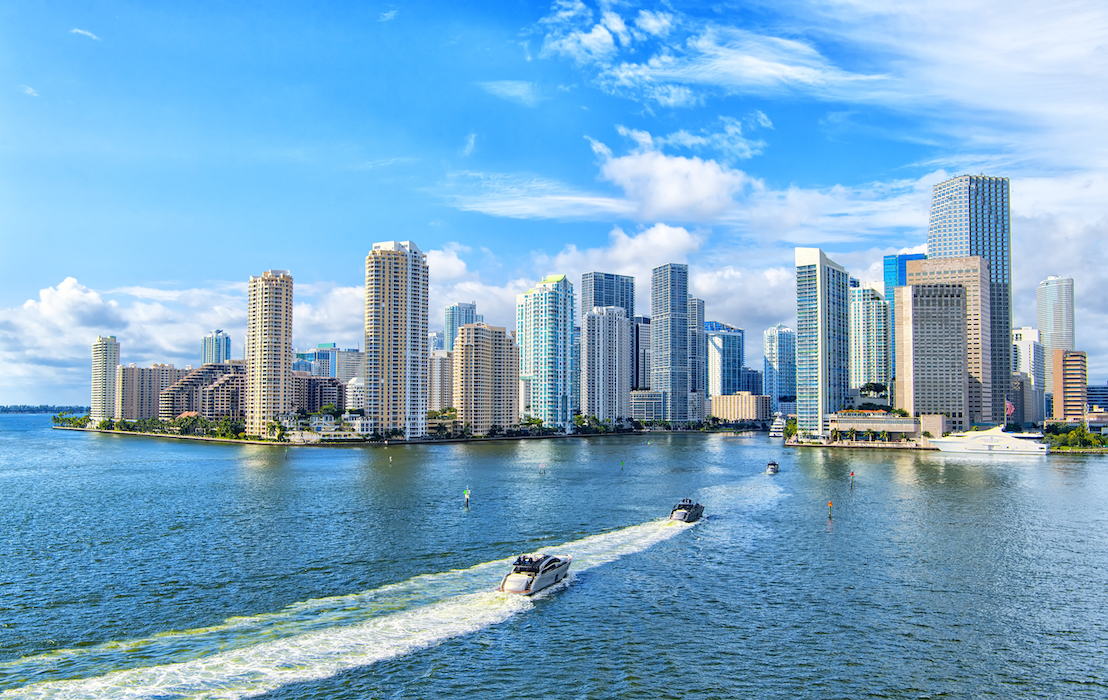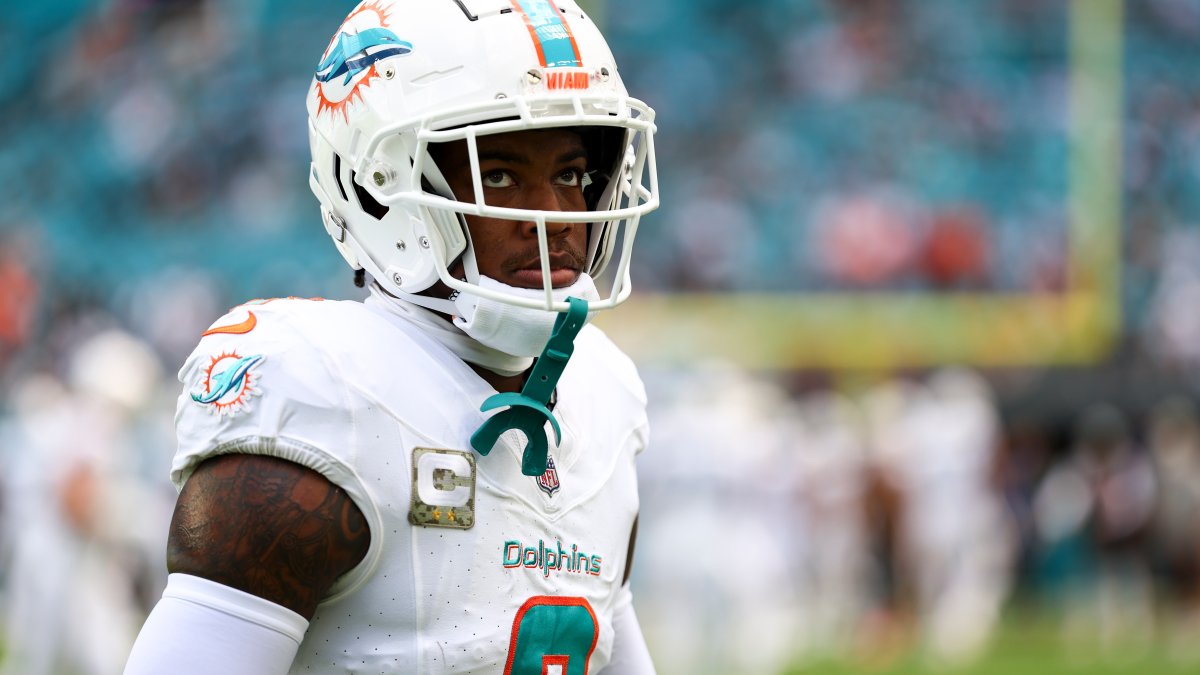Miami’s Neoconservative Grift – The American Conservative
Last month the department of justice indicted former congressman and anti-Cuba Cold Warrior David Rivera (R-FL) on eight counts including money laundering and failing to register as a foreign agent. Long a staple of Miami and South Florida politics, Rivera is accused of accepting a $50 million consulting contract with—wait for it—the Bolivarian Republic of Venezuela.
For a city run more or less like Havana in 1958, Rivera’s crimes are a bridge too far even by Miami standards. This is a city where dead people sign off on building inspections and billionaire drug traffickers conspicuously evade local authorities for decades. Since 2020, exiles in Miami plotted the overthrow of not one, two but three sitting presidents in the Americas (the most recent of which was Haiti’s Jovenel Moise, who was brutally assassinated in 2021).
What makes Rivera’s case so egregious, however, is that the congressman’s career at both the state and federal levels was predicated almost entirely on anti-communism. For example, in 2010, Rivera said: “Joe Garcia has now completely and clearly transformed openly into one of the henchmen of [Castro] that we have in this community. And that’s going to come in the weeks and months that will follow in this campaign. We’re going to talk about all of that, of how he has unmasked himself as an agent of Castro’s interests.”
Such statements are par for the course in Cuban-American politics. Unsurprisingly, South Florida has long been a breeding ground for neoconservatism—primarily with respect to Cuba of course. At both the state and federal levels, Rivera pushed for hardline measures against his ancestral home such as restricting tourism and forbidding Floridian universities from conducting research on the island.
In 2012, while Rivera was still in congress, Diario de las Americas obtained an unflattering image of Rivera dining with Daniel Ortega Reyes, son of Nicaraguan dictator, Daniel Ortega Saavedra. It was through the Ortegas that Rivera first made contact with executives of PDVSA, Venezuela’s state-owned oil company. Five years later following the election of Donald Trump, Rivera was back in Washington lobbying legislators as a paid consultant for PDVSA.
Though now forgotten, Venezuela’s Nicolas Maduro made a concerted effort of courting the Trump administration at the time. Trump’s commendable if also erratic disposition towards engagement with leaders such as Vladimir Putin and Kim Jong-Un raised hopes in Caracas that relations with Washington might improve after years of animosity. Subsequently, PDSVA’s U.S. subsidiary Citgo donated $500,000 to Trump’s inaugural committee in 2017 just as Rivera began his consulting work.
December’s indictment details an extremely close relationship between Rivera and a figure who is all but certain to be the Venezuelan oligarch and media tycoon, Raul Gorrín. Neither one known to miss out on lucrative grifts, Gorrín and Rivera offered one another mutual assistance in their respective lobbying endeavors. Gorrín then sought a U.S. expansion of his TV network.
The indictment also details a White House meeting with Rivera and an unnamed U.S. senator from Florida. Considering that Rivera and Senator Marco Rubio are known to have been close friends and housemates while the two served in the Florida legislature, it was not surprising when Rubio finally admitted to being the senator in question. Texts between the two suggest that the goal was to offer Maduro concessions in exchange for a commitment to free and fair elections: “Remember, US should facilitate, not just support, a negotiated solution – No vengeance, reconciliation,” Rivera wrote.
Rubio, for his part, claims he was unaware that Rivera was an agent of the Venezuelan regime at the time. Rivera the realist, however, claims that he was actually working as a double agent on behalf of the Venezuelan opposition.
Admittedly, Rivera seems to have conned essentially everyone he has ever worked for. In 2020, PDVSA sued Rivera for shoddy work from his consulting contract. Rivera in turn sued PDVSA for paying less than half of the $50 million total. The indictment also alleges that Rivera funneled around $15 million of the same funds to Raul Gorrín for maintenance of one of his superyachts. Indeed, earlier court documents from 2022 detail additional transactions between Rivera, Gorrín and two other “Miami subcontractors”, once of which was convicted for drug trafficking.
Rivera is not alone in his financial adventurism. Indeed, the amount of Venezuelan dirty money invested in Miami real estate and financial institutions is startling. For all the rhetoric, the reality is that the Venezuelan regime has myriad sources of income with which to seduce corrupt Miami officials.
With Florida officially a red state following the GOP’s landslide win in 2022, Cuban, Nicaraguan and Venezuelan-Americans have likewise transitioned from swing conservatives to stalwart Republicans. Considering that county officials in Miami-Dade are often expected to have foreign policy platforms, mostly vis-à-vis Cuba, it’s worth taking into account the ways in which the same voters will inevitably push the Republican Party towards never-ending conflict both close to and far from home.
Subscribe Today
Get weekly emails in your inbox
Neoconservatism is at heart an unsophisticated grift predicated largely on the interlocutor’s ability to signal his virtue for electoral ends. John Bolton’s “Troika of Terror” is certainly an apt descriptor of our own hemisphere’s worst tyrannies. It is, however, self-evident to all save Bolton and my fellow Miami-Dade voters that sanctions against Cuba, Nicaragua and Venezuela have been as effective at promoting regime change as those against Russia, Iran and North Korea.
Unsurprisingly, Cuban-Americans in particular have been unyielding supporters of the maximalist Ukrainian cause in that country’s ongoing war with Russia. No surprise—Hillary Clinton’s strong showing with Cuban-Americans in the 2016 presidential election can be explained in part by her pathological commitment to endless wars and interventions around the globe. Likewise, while I applaud Marco Rubio’s more recent acquiescence towards labor and industrial policy, his neoconservatism remains palpable, particularly in his stance on the war in Ukraine.
National conservatives and realists should be extremely cognizant that foreign policy centered on the preferences of South Florida voters and their elected officials will be antithetical to realism and restraint by design. If nothing else, David Rivera is the logical conclusion of a foreign policy centered on unbridled criminality and America’s “Magic City.”



